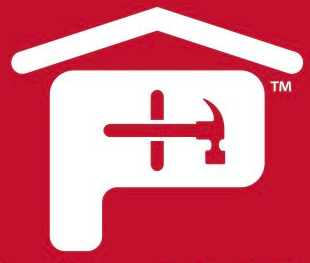To Our Valued Customers,
For the past seven years Atlas has reported long-term thermal resistance (LTTR) values for our roofing products based on test method CAN/ULC-S770. Long-term thermal resistance values (LTTR-values) are intended to reflect the R-value of the insulation product after five years of aging. The foil-faced (impermeably faced) products, such as ACFoam Supreme and Energy Shield, a wall sheathing product, have been exempt from LTTR reporting because foil retards the aging process, making S770 inappropriate as a test method for these materials. Instead, the polyiso industry has continued to use the six-month conditioning practice called for in CAN/ULC S704, as well as in ASTM C 1289. Following this practice, the insulation is stored in laboratory conditions for six months prior to measuring R-value.
In Canada, however, the recognized long-term design R-value (LTTR) for polyiso with foil facers, such as Supreme and Energy Shield, has for years been R-6.0. This recommended design R-value information is found in CCMC Evaluation Report 12422-R for Supreme and Energy Shield. In addition, changes have been proposed to the polyiso standard CAN/ULC S704, which would require reporting long-term thermal resistance values for foil-faced or impermeably faced products. In further possible standards revision, the topic of R-value reporting for foil-faced products is also on the agenda at ASTM.
In response to these developing conditions, Atlas has decided to take a proactive approach, ahead of standards revisions, by reporting long-term thermal resistance values (LTTR-values) for foil-faced products. Therefore, effective August 15, 2010, the LTTR-value for Energy Shield products and for Supreme will be 6.0 per in., calculated by averaging the six-month conditioned R-value and the LTTR-value according to S770-09. This calculation method has been shown to approximate closely the five-year aged R-value for these products. On or about August 15, 2010, the Atlas Web site will be revised to reflect this approach, as will literature when it comes due for reprint. In the meantime, if you have any questions about this shift from six-month conditioned R-values toward long-term thermal resistance values (LTTR-values), please contact your Atlas Sales Representative.
Atlas Roofing Corporation
This Announcement was originally sent on Friday, July 30, 2010.
For More Information about Atlas Polyiso Insulation products, please visit our product pages at the links below:





 Gear!
Gear! PRO LOGIN
PRO LOGIN